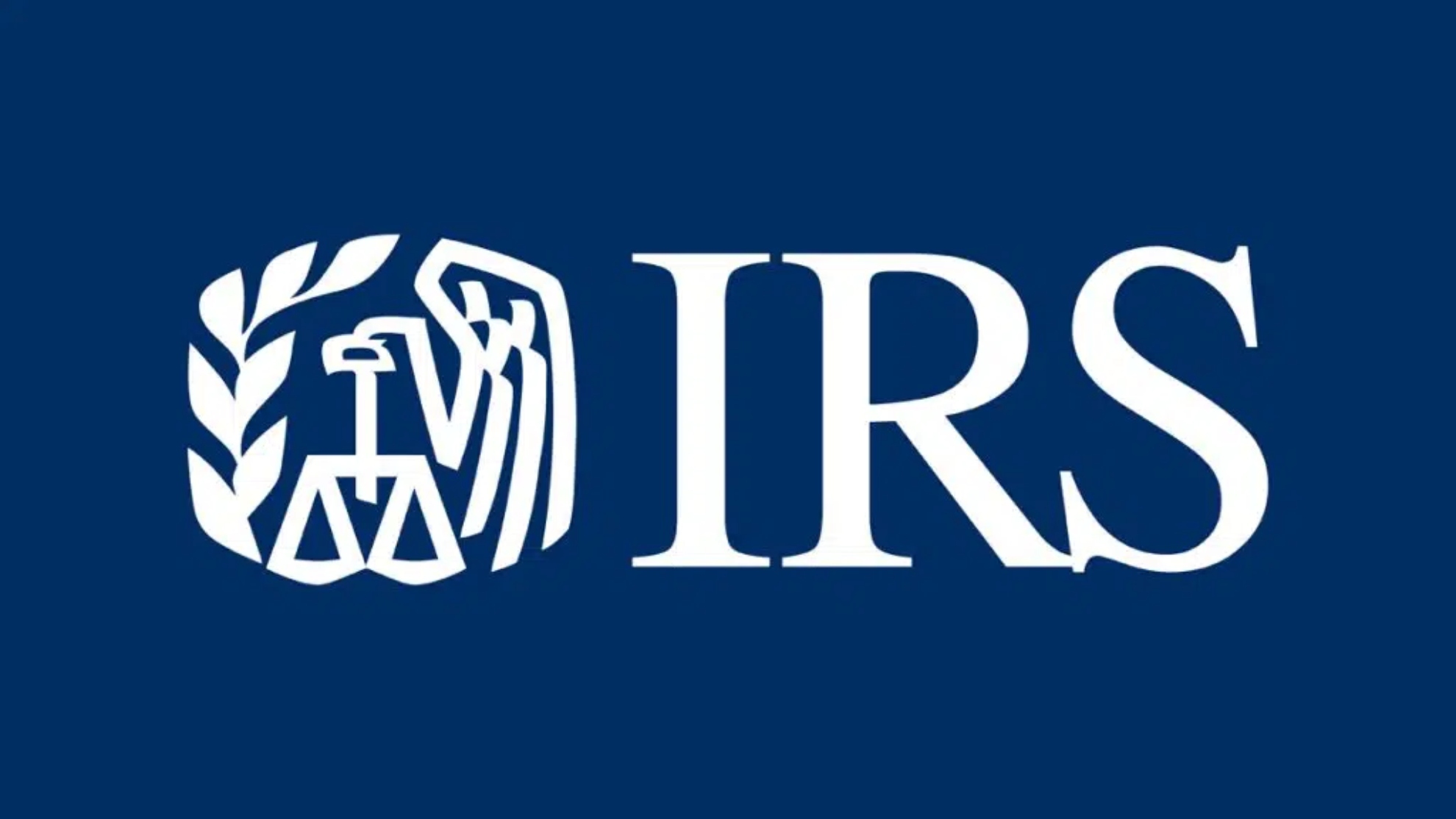On 20 October 2023, the US IRS announced new initiatives funded by the Inflation Reduction Act. These initiatives. These new initiatives aim to ensure that large corporations pay their outstanding taxes and intensify IRS efforts in pursuing high-income, wealthy individuals.
The key initiatives are:
Large foreign-owned corporations transfer pricing initiative: The IRS is increasing compliance efforts on the U.S. subsidiaries of foreign companies that distribute goods in the U.S. and do not pay their fair share of tax on the profit they earn of their U.S. activity. These foreign companies report losses or exceedingly low margins year after year through the improper use of transfer pricing to avoid reporting an appropriate amount of U.S. profits. To crack down on this strategy, the IRS is sending compliance alerts to approximately 150 subsidiaries of large foreign corporations to reiterate their U.S. tax obligations and incentivize self-correction.
Expansion of the Large Corporate Compliance program: The IRS’ Large Business & International Division’s (LB&I) Large Corporate Compliance (LCC) program focuses on noncompliance by using data analytics to identify large corporate taxpayers for audit. LCC includes the largest and most complex corporate taxpayers with average assets of more than $24 billion and average taxable income of approximately $526 million per year. As new accountants come on board in early 2024, LB&I is expanding the program by starting an additional 60 audits of the largest corporate taxpayers selected using a combination of artificial intelligence and subject matter expertise in areas such as cross-border issues and corporate planning and transactions.
Cracking down on abuse of repealed corporate tax break: Following the 2017 repeal of a provision of the code that provided a deduction for producing goods in the U.S., the IRS received hundreds of claims collectively seeking more than $6 billion in refunds, with a significant portion of filers claiming the deduction for the first time. The IRS launched a campaign to address noncompliance and review high-risk claims in this area. IRS efforts have been incredibly successful in ensuring revenue is collected. The efforts have recently been supported by a significant win in the Tenth Circuit Court of Appeals, which sided with the Tax Court and IRS in denying a refund claim based on a $1.8 billion deduction. This will have far-reaching benefits to the IRS’ ongoing efforts in this space.
Prioritization of high-income cases: The IRS has been ramping up efforts to pursue high-income, high-wealth individuals who have either not filed their taxes or failed to pay recognized tax debt. These efforts are concentrated among taxpayers with more than $1 million in income and more than $250,000 in recognized tax debt. Building off earlier successes that collected $38 million from more than 175 high-income earners, dozens of revenue officers are focusing on these high-end collection cases in the coming fiscal year. As announced in September, the IRS has begun contacting about 1,600 new taxpayers in this category that owe hundreds of millions of dollars in taxes.















